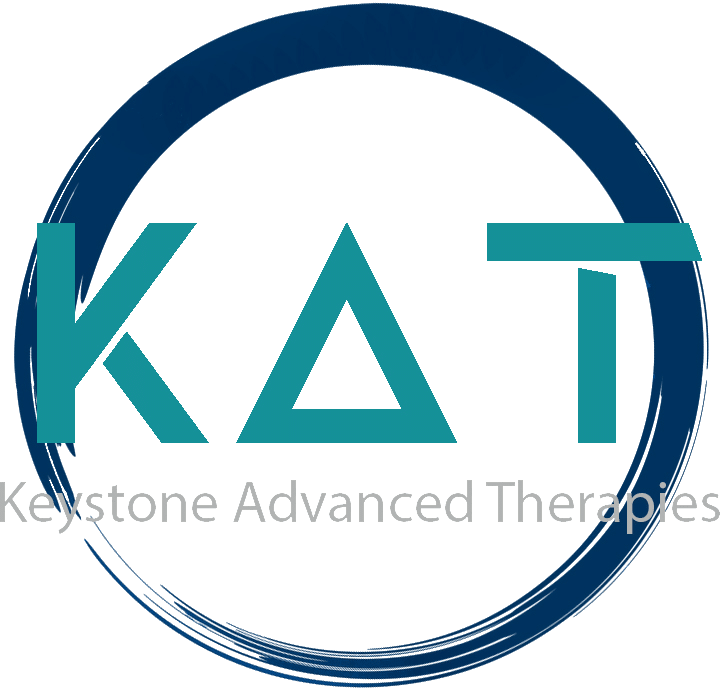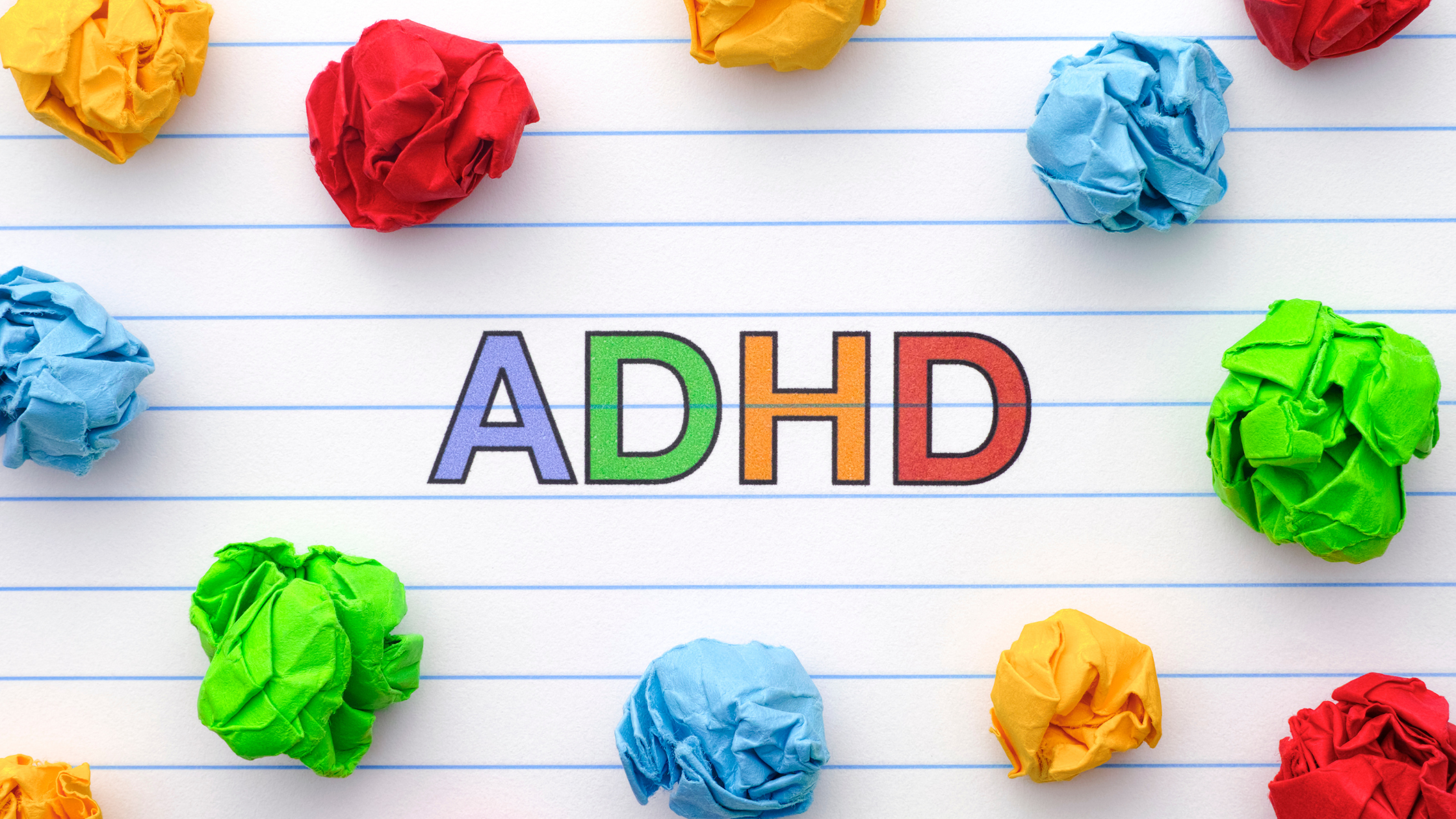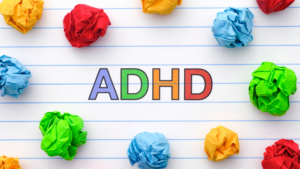Understanding Depression
Importance of Seeking Help for Depression
Depression is a multifaceted mental health disorder that demands compassionate attention. Recognizing the indicators of depression is vital in guiding individuals toward appropriate treatment options. Additionally, various effective treatments. Ketamine infusion therapy is pivotal in managing and easing depression symptoms. Experience its transformative effects on mental health and well-being.
- Recognizing Symptoms of Depression
- Available Mental Health Services
- Ketamine Infusion Therapy as a Treatment Option
Depression Treatment in West Lawn, PA
Understanding the Importance of Depression Treatment
In West Lawn, PA, accessing treatment for depression is crucial for individuals grappling with this condition. Recognizing the significance of seeking help and support can significantly impact an individual’s journey toward recovery.
The accessibility of mental health support care and resources within the area plays a vital role in guaranteeing that individuals have access to the support and care they need to manage their depression effectively.
Community Support for Depression Treatment
Local organizations and support groups in West Lawn, PA, play a vital role in assisting individuals with depression treatment. Community support can create a nurturing environment where individuals feel understood and encouraged as they navigate their treatment journey. The positive impact of community support on managing depression cannot be overstated, as it provides a sense of belonging and understanding that is essential for those undergoing treatment.
Identifying Depression Signs
Recognizing Symptoms of Depression
In terms of recognizing symptoms of depression, it’s essential to be aware of the common signs that may indicate a person is experiencing this mental health condition. These symptoms may present in diverse forms, like enduring sadness or emptiness, diminished interest in formerly enjoyed activities,
changes in appetite or body weight, and difficulty sleeping or oversleeping. Additionally, individuals may experience irritability, fatigue, and difficulty concentrating.
Early detection and seeking help for depression treatment are crucial. By recognizing these symptoms early on, individuals can take proactive measures to address their mental well-being and seek the necessary support from mental health services. It’s important to remember that experiencing these symptoms doesn’t mean someone is weak; rather, it signifies that they may need professional assistance to manage their well-being effectively.
Impact of Depression on Daily Life
The impact of depression on daily life extends beyond emotional well-being and can affect various aspects such as work, relationships, and overall functioning. Individuals living with depression often face challenges in maintaining productivity at work due to decreased energy levels and difficulty concentrating. Moreover, it can strain personal relationships as individuals may withdraw from social interactions or struggle to engage fully with loved ones.
Understanding the challenges individuals face when living with depression is crucial for fostering empathy and providing appropriate support. By acknowledging the far-reaching effects of this condition on daily life, we can create a more compassionate environment that encourages those affected to seek help without fear of judgment.
Effective Treatments
Therapeutic Approaches for Depression
In the management of depression, therapeutic methods are pivotal in aiding individuals along their path to recovery. Individual therapy offers a secure and encouraging setting for individuals to delve into their thoughts and emotions, establish coping mechanisms, and garner valuable insights into their mental well-being. Furthermore, behavioral therapy concentrates on recognizing and adjusting negative thought patterns and behaviors that fuel depression symptoms. These therapeutic interventions empower individuals to manage and cope with their symptoms effectively, leading to improved overall well-being.
Medication and Its Impact on Depression
In the comprehensive treatment of depression, medication can be an essential component. Medication is often prescribed to address chemical brain imbalances that contribute to symptoms of depression. It can help regulate mood, reduce anxiety, and alleviate the severity of symptoms. When used as part of a comprehensive treatment plan that includes therapy and other supportive interventions, medication can significantly enhance the effectiveness of depression treatment.
Ketamine Infusion Therapy
Understanding Ketamine Infusion Therapy
Ketamine infusion therapy offers a unique approach to depression treatment by utilizing the anesthetic drug ketamine. This treatment involves the administration of a carefully measured dose of ketamine through an intravenous infusion. The potential benefits of ketamine infusion therapy include rapid relief from depressive symptoms, particularly in individuals who have not shown improvement with conventional antidepressant medications.
One innovative aspect of ketamine infusion therapy is its distinct mechanism of action compared to traditional treatments. While most antidepressants target neurotransmitters such as serotonin and norepinephrine, ketamine acts on glutamate receptors in the brain, leading to rapid improvements in mood and overall well-being.
Innovative Approach to Managing Depression
The impact of ketamine infusion therapy on individuals with treatment-resistant depression is profound. For those who have not experienced relief from other forms of treatment, ketamine infusion offers renewed hope and the possibility of significant symptom improvement. Its fast-acting nature can provide much-needed relief for individuals experiencing severe depressive symptoms, ultimately enhancing their quality of life.
- Offers rapid relief from depressive symptoms
- Acts on glutamate receptors in the brain
- Provides hope for individuals with treatment-resistant depression
Accessing Mental Health Services
Seeking Professional Help
When it comes to managing depression, seeking professional help is essential for individuals who are navigating their treatment journey. Experienced mental health services offer specialized support and expertise in addressing the complexities of depression. Individuals must connect with qualified professionals, such as licensed therapists or psychiatrists, who can offer customized treatment plans tailored to their unique needs.
Obtaining mental health services locally involves reaching out to reputable healthcare providers, mental health clinics, or counseling centers. Individuals can also seek recommendations from their primary care physicians for trusted professionals who specialize in depression treatment. Choosing to seek professional help demonstrates a proactive approach toward managing one’s mental well-being and sets the foundation for comprehensive and effective treatment.
Support Systems and Resources
In addition to professional help, support systems, and community resources play a pivotal role in assisting individuals dealing with depression. These resources may include peer support groups, online forums, and community-based organizations dedicated to mental health advocacy. Accessing various mental health resources and support networks offers individuals opportunities to connect with others who understand their experiences and provide valuable encouragement and guidance.
Engaging with these support systems fosters a sense of belonging and understanding while offering practical strategies for coping with the challenges of depression. Furthermore, community resources contribute to creating a nurturing environment where individuals feel encouraged and empowered in their path toward recovery.
Managing Depression Treatment
Developing Coping Strategies
When it comes to managing depression, developing effective coping strategies is crucial for individuals undergoing depression treatment. Coping strategies empower individuals to navigate the challenges of depression and build resilience in the face of adversity. Here are some practical tips and techniques for developing coping strategies:
- Engage in Mindfulness Practices: Cultivate calm and self-awareness through mindfulness practices like yoga, meditation, and deep breathing. Harness their power to diminish negative thoughts and emotions.
- Establishing a Routine: Crafting a daily schedule that incorporates regular sleep patterns, healthy meals, and physical activity can provide structure and stability, contributing to improved overall well-being.
- Seek Social Support: Connecting with friends, family members, or support groups can offer emotional validation and encouragement during difficult times. Building a solid social support network is essential for managing depression effectively.
- Set Realistic Goals: Setting achievable goals and celebrating small victories can boost confidence and motivation while providing a sense of accomplishment.
By incorporating these coping strategies into their daily lives, individuals can enhance their ability to cope with the challenges associated with depression while fostering a greater sense of control over their mental health.
Building a Support Network
Building a reliable support network is instrumental in aiding individuals throughout their journey of depression treatment. A strong support network provides emotional encouragement, understanding, and practical assistance when navigating the complexities of depression. Here’s how individuals can establish and maintain a supportive network:
- Communicate Openly: Encourage open communication with trusted friends or family members about feelings and experiences related to depression. Sharing openly fosters understanding and empathy within relationships.
- Participate in Support Groups: Engaging with local or online support groups dedicated to mental health enables individuals to engage with others who have similar experiences. These groups offer valuable insights, encouragement, and guidance.
- Professional Guidance: Seeking guidance from qualified mental health professionals such as therapists or counselors contributes to building a comprehensive support system tailored to individual needs.
By cultivating a robust support network that encompasses various sources of assistance—including peers, professionals, and community resources—individuals can access the encouragement and guidance essential for effectively managing depression.
Conclusion
Seeking effective depression treatment is a vital step in handling the condition and enhancing overall well-being. Accessing a range of mental health services and exploring diverse treatment options can significantly impact the lives of individuals grappling with depression. By increasing awareness and promoting comprehension, we can establish a supportive environment that empowers those affected by depression to seek help without hesitation. Together, let’s continue to provide unwavering support for individuals navigating their journey towards healing and recovery.














